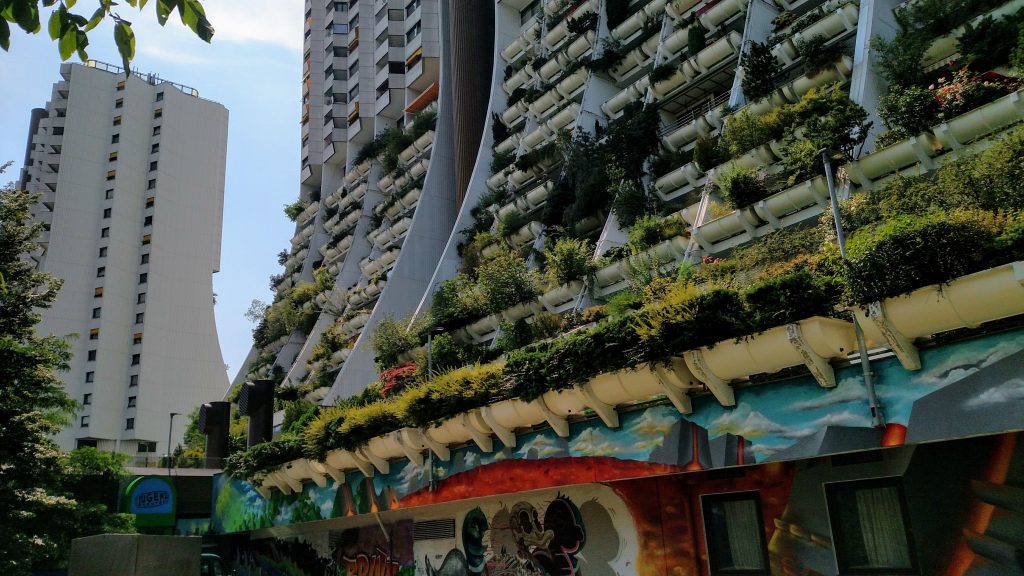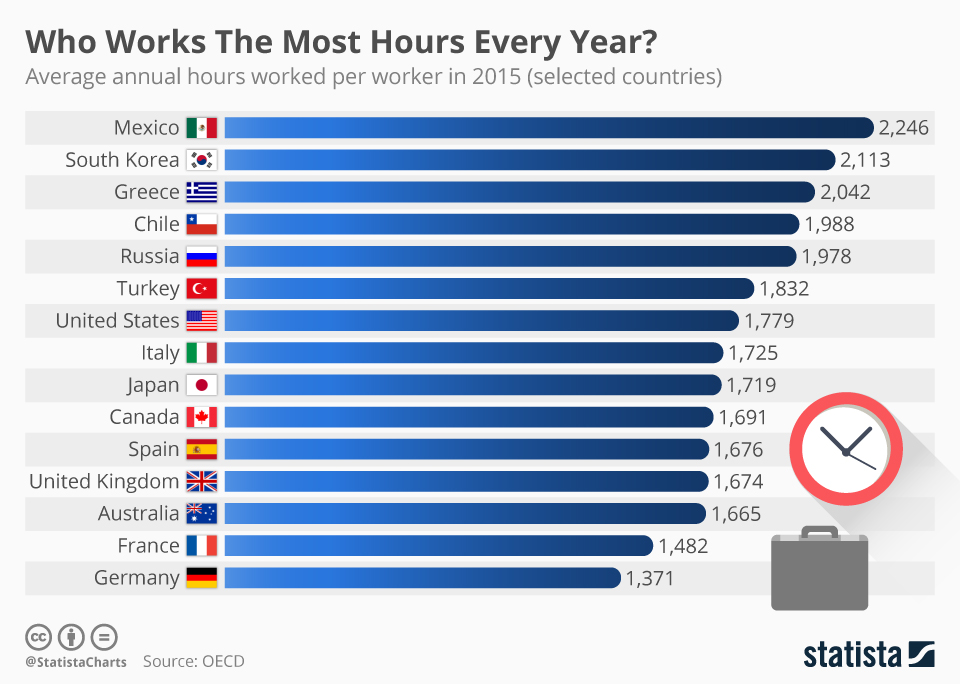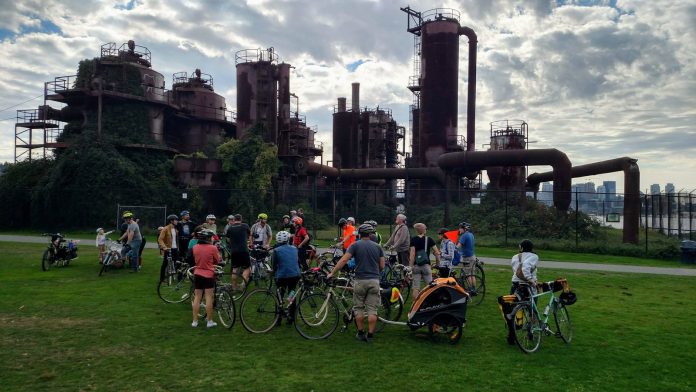Team Urbanism took some lumps in 2018, but there’s plenty of opportunities to turn the tables and advance the cause in 2019. Our writers each lay out their hopes for progress in the coming year and what emerges is a bold vision of social justice urbanism that could well be a powerful and persuasive platform.
New Progressive Leadership Needed
I’m hopeful that our electeds will be bold in 2019, especially on housing issues. We need a response to the homelessness crisis that is commensurate with the scale of our crisis. This means a variety of policy solutions need to be pursued, including backyard cottages, finishing Mandatory Housing Affordability (MHA) rezones, implementing all of the HALA recommendations, eliminating single-family zoning, and much more. But most importantly, it will mean securing more money for human services and low-income housing. Right now, there will be two retirements on the Seattle City Council for sure, we know a new city council will form in 2020. I hope candidates pursue bold stances that advance the change we need and that those candidates are rewarded by voters.
— Owen Pickford, Executive Director
Seed a Greener Urbanism
My big hope for 2019 is that cities, including Seattle, will increase the amount of greenery and plant life included in their dense built environments. People often cite loss of tree canopy and green space as reasons to avoid increasing density, but I firmly believe that with good urban planning and innovative landscape architecture it is possible to create dense urban environments that are very green. Singapore, with its vertical gardens, living roofs, green buildings, and urban agriculture, is an excellent international model. I would love to see Seattle adapt some of these practices for its own unique built environment and become a leader in urban greening.
— Natalie Bicknell, Senior Reporter
Social Housing Spree: 10,000 Homes in a Decade
Seattle is a very wealthy city, but you wouldn’t know it when you listen to political and business leaders claim civic poverty. We shouldn’t shy away from our responsibility to publicly fund housing and ensure Seattle’s prosperity is shared broadly. In 2019, housing advocates should lay the groundwork for a ballot measure to build 10,000 affordable publicly-owned homes in a decade. The housing gap is estimated at 30,000 homes, but affordable housing contributions under MHA and the housing levy though hugely beneficial aren’t enough to close the gap on their own.

Passing a 10,000-home measure would speed us on our way and bring us more in line with more thoroughly progressive cities, like Vienna for example where a majority of housing is social housing. Beyond sheer number of units, a social housing spree would also change the equation of who designs the city and who benefits.
— Doug Trumm, Publication Director
Reform Single-Family Zoning
In 2019, I hope we see the seeds planted in 2018 grow and blossom. 2018 saw coalitions of social justice, climate, housing, and safe streets advocates come together with a vision of a denser, more sustainable city where streets are oriented around people not cars. If I had one wish for 2019, it is that it be the year that we reforming single-family zoning, allowing a greater diversity of housing types, including small apartments buildings, fourplexes, and even corner stores that will make us a more welcoming, equitable, and sustainable city. We made great strides last year and we can do even better in 2019!
— Patrick Taylor, Education and Programming Director
Expand Access to Libraries
The Seattle Public Library’s current levy expires at the end of 2019. In the past, Seattle’s libraries have been a model for the rest of the country to follow, and, in the early part of the 21st century, the city invested heavily in them, remodeling branches and opening branches in places that are now clearly essential. With in-person visits on the decline over the past decade, an SPL levy renewal is a chance for Seattle to reinvest in an institution that its citizens clearly value but which has fallen victim to the austerity budgets of our age, with limited branch hours in some of the most in-demand neighborhoods.
— Ryan Packer, Senior Editor
Give Washington Workers More Time Off
Seattle is a beautiful bustling city nestled between gorgeous mountain ranges and idyllic Puget Sound. There’s a problem though. Too many citizens lack the time to fully enjoy the amenities we’re building into the city and the natural beauty that surrounds it. As a work-hard, play-hard city, the scales have tipped too far to overwork. The average German works 400 fewer hours per year than the typical American worker.

In Washington State, there are 10 recognized legal holidays: New Year’s Day; Martin Luther King, Jr.’s Birthday; Presidents’ Day; Memorial Day; Independence Day; Labor Day; Veterans Day; Thanksgiving; the Friday after Thanksgiving; and Christmas. But these legal holidays are only guaranteed to public employees of the state as days off or days for mandatory overtime pay. Many private employers choose to honor these days as a matter of competitive benefits, but they’re not obliged to recognize them.
This year, with a progressive majority in the state legislature and socially-minded Seattle City Council, it’s time for these bodies to promote families and expand labor rights by requiring all employers to provide these legal holidays as a basic employment right, in addition to a minimum amount of guaranteed vacation days. But legislators shouldn’t stop there. Ten legal holidays is still far too few; several months have none at all. An expansion of five additional legal holidays could help give monthly respite to hardworking residents who deserve it.
— Stephen Fesler, Senior Editor
The Urbanist was founded in 2014 to examine and influence urban policies. We believe cities provide unique opportunities for addressing many of the most challenging social, environmental, and economic problems. We serve as a resource for promoting and disseminating ideas, creating community, increasing political participation, and improving the places we live.



